|
If you are looking for a holistic and natural way to improve your health and well-being, you may want to consider exploring Traditional Chinese Medicine (TCM). TCM is a system of healing that originated in China thousands of years ago and has been practiced and refined ever since. TCM is based on the principle that the body and mind are interconnected and that health is the result of the harmonious balance of the body's internal and external environment. In this blog post, we will introduce some of the key concepts and practices of TCM, and how they can benefit you in your modern life. What is TCM? TCM is a comprehensive medical system that encompasses various modalities, such as herbal medicine, acupuncture, massage, dietary therapy, and exercise. TCM aims to prevent and treat diseases by restoring the balance and harmony of the body's vital energy, or Qi. Qi flows through the body along pathways called meridians, and connects to the body's organs and functions. When the Qi is disrupted or blocked, it can lead to illness. TCM practitioners use various methods, such as observation, listening, questioning, and pulse and tongue examination, to diagnose the individual's condition and identify any imbalances. They then prescribe a personalized treatment plan that addresses the root cause of the problem, rather than just the symptoms. How can TCM help you?TCM can help you improve your health and well-being in many ways. Here are some of the benefits of TCM: - TCM can treat a wide range of conditions, from common colds and flu to chronic pain and infertility. TCM can also help with stress, anxiety, depression, insomnia, allergies, digestive issues, and more. - TCM can enhance your immune system and prevent diseases. TCM can help you boost your body's natural defenses and resistance to infections and illnesses. TCM can also help you detoxify your body and eliminate toxins and waste products. - TCM can promote your overall wellness and quality of life. TCM can help you balance your physical, mental, emotional, and spiritual aspects, and achieve a state of harmony and peace. TCM can also help you improve your energy, vitality, and longevity. What are some of the TCM practices you can try?There are many TCM practices you can try to improve your health and well-being. Here are some of the most common ones: Herbal medicine: Herbal medicine is the use of natural substances, such as plants, minerals, and animal products, to treat diseases and promote health. TCM practitioners use a combination of herbs to create customized formulas that suit the individual's needs. TCM herbal remedies have been proven to be effective and safe through centuries of use and scientific research. Acupuncture: Acupuncture is the insertion of thin needles into specific points on the body to stimulate and regulate the flow of Qi. Acupuncture can help relieve pain, inflammation, and other symptoms, as well as enhance the body's healing abilities. Acupuncture is a painless and relaxing procedure that has been widely accepted and practiced in the Western world. Massage: Massage is the application of pressure and manipulation to specific points and areas on the body to improve the circulation of Qi and blood. Massage can help relax the muscles, joints, and nerves, and release tension and stress. Massage can also improve the function of the organs and systems in the body. There are different types of massage in TCM, such as Tui Na, which is a therapeutic massage that focuses on the meridians and acupoints, and cupping, which is the use of suction cups to create a vacuum on the skin and stimulate blood flow. Dietary therapy: Dietary therapy is the use of food and nutrition to prevent and treat diseases and maintain health. TCM dietary principles emphasize the importance of balancing the different flavors, such as sweet, sour, bitter, and salty, and eating a variety of foods to ensure a balanced diet. TCM also considers the nature and properties of foods, such as their temperature, color, and shape, and how they affect the body's organs and functions. TCM practitioners can recommend specific foods and dietary plans that suit the individual's constitution and condition. Exercise: Exercise is the practice of physical activities that enhance the body's strength, flexibility, and endurance. TCM exercise includes gentle, low-impact exercises, such as Tai Chi and Qigong, that improve the flow of Qi and blood in the body, and promote relaxation and stress reduction. TCM exercise can also improve the body's posture, balance, and coordination, and prevent injuries and diseases. TCM is an ancient healing system that has a lot to offer for modern people. TCM can help you improve your health and well-being in a holistic and natural way, by restoring the balance and harmony of your body and mind. TCM can also help you prevent and treat diseases, enhance your immune system, and promote your overall wellness and quality of life. If you are interested in exploring TCM, you can consult a qualified and experienced TCM practitioner who can guide you and provide you with the best treatment options for your needs. You can also try some of the TCM practices yourself, such as herbal medicine, acupuncture, massage, dietary therapy, and exercise, and see how they can benefit you in your daily life. TCM is a treasure trove of ancient wisdom and modern healing that you can tap into and enjoy.
0 Comments
Are you yearning for a sanctuary to escape the hustle and bustle of daily life? Look no further than the tranquil oasis of a spa. Delve into a world where relaxation, rejuvenation, and self-care intertwine to nurture your mind, body, and soul. 1. Holistic Healing: Spa treatments encompass a holistic approach to wellness, addressing your physical, emotional, and spiritual needs. From the moment you step foot into our spa, you embark on a journey of self-discovery and renewal. 2. Mindful Relaxation: In today's fast-paced society, carving out moments of tranquility is essential for mental clarity and emotional balance. Indulge in the soothing touch of expert therapists as they melt away tension with tailored massages, promoting deep relaxation and inner peace. 3. Nourish Your Body: Treat your body like the temple it is by replenishing it with nourishing treatments designed to hydrate, detoxify, and revitalize. Luxuriate in the therapeutic benefits of botanical-infused facials, invigorating body scrubs, and detoxifying wraps that leave your skin glowing and radiant. 4. Stress Reduction: Bid farewell to stress and anxiety as you immerse yourself in a sanctuary of serenity. Unwind in the warm embrace of steam rooms, saunas, and hydrotherapy baths, where the soothing power of water washes away worries and restores inner harmony. 5. Embrace Self-Care: Self-care isn't selfish—it's a fundamental act of self-love and empowerment. Take time to pamper yourself with indulgent treatments such as manicures, pedicures, and hair styling, leaving you feeling confident, rejuvenated, and ready to conquer the world. 6. Mind-Body Connection: The connection between mind and body is undeniable, and spa treatments bridge the gap between the two, fostering a harmonious union of physical and emotional well-being. Through practices such as yoga, meditation, and mindfulness, you can cultivate a deeper awareness of self and find balance amidst life's chaos. 7. Cultivate Inner Beauty: True beauty radiates from within, and spa treatments serve as a catalyst for enhancing your natural glow. Whether you seek age-defying skincare solutions or holistic wellness therapies, our expert practitioners are dedicated to helping you look and feel your best, inside and out. 8. Community and Connection: Beyond the realm of individual pampering, spa experiences offer an opportunity for communal connection and shared relaxation. Whether you're embarking on a solo retreat or indulging in a couples' escape, the bonds forged in the sanctuary of a spa are bound by a shared appreciation for holistic well-being. Elevate Your Experience:At Mayfair Massage Spa, we are committed to providing a sanctuary where mind, body, and spirit converge in perfect harmony. Our array of services, from traditional treatments to innovative wellness practices, cater to your unique needs and preferences. Book Your JourneyEmbark on a transformative journey of self-care and rejuvenation with Mayfair Massage Therapy. Explore our comprehensive menu of services, designed to nurture your holistic well-being and elevate your spa experience to new heights.
2/22/2024 0 Comments Acupuncture for Pain Management: How Traditional Chinese Medicine Relieves DiscomfortPain is one of the most common and distressing symptoms that people experience. Whether it is acute or chronic, mild or severe, pain can affect your physical, mental, and emotional well-being. Pain can also interfere with your daily activities, such as work, sleep, or exercise. If you are looking for a natural and effective way to manage your pain, you may want to consider acupuncture. Acupuncture is an ancient healing technique that originated in China more than 2,000 years ago. It is based on the principle that the body has a network of energy channels called meridians, which connect the organs and tissues. When the energy flow in these meridians is balanced and smooth, the body is healthy and pain-free. When the energy flow is blocked or disrupted, the body is in pain or diseased. Acupuncture aims to restore the balance and harmony of the energy flow by stimulating specific points on the body with thin, sterile needles. These points, called acupoints, are located along the meridians or in areas that are related to the pain or condition. By inserting the needles into the acupoints, the acupuncturist can activate the body's natural healing response, release endorphins (the body's natural painkillers), and regulate the nervous system. Acupuncture has been proven by numerous scientific studies to be effective for various types of pain, such as: - Low back pain: Low back pain is one of the most common reasons people seek acupuncture. Acupuncture can reduce inflammation, relax the muscles, and improve the blood circulation in the lower back. Acupuncture can also help with the psychological aspects of low back pain, such as stress, anxiety, and depression. A meta-analysis of 32 randomized controlled trials found that acupuncture was more effective than sham acupuncture, no treatment, or conventional treatment for chronic low back pain. - Headache and migraine: Headache and migraine are also common conditions that can benefit from acupuncture. Acupuncture can relieve the pain and frequency of headaches and migraines by regulating the blood flow and pressure in the head, relaxing the muscles and nerves, and balancing the hormones. A systematic review of 22 trials found that acupuncture was more effective than sham acupuncture or routine care for reducing headache intensity and frequency. - Arthritis: Arthritis is a chronic condition that causes inflammation, stiffness, and pain in the joints. Acupuncture can help with arthritis by reducing the inflammation, improving the joint function, and enhancing the immune system. Acupuncture can also alleviate the emotional distress and fatigue that often accompany arthritis. A meta-analysis of 12 trials found that acupuncture was more effective than sham acupuncture or conventional therapy for improving pain and physical function in patients with osteoarthritis. - Fibromyalgia: Fibromyalgia is a syndrome that causes widespread pain, tenderness, and fatigue in the muscles and soft tissues. Acupuncture can help with fibromyalgia by modulating the pain perception, increasing the pain threshold, and improving the sleep quality. Acupuncture can also improve the mood and quality of life of fibromyalgia patients. A systematic review of 9 trials found that acupuncture was more effective than sham acupuncture or no treatment for reducing pain and improving physical function in fibromyalgia patients. These are just some examples of the many pain conditions that acupuncture can treat. Acupuncture can also help with other types of pain, such as menstrual cramps, dental pain, postoperative pain, and cancer pain. Acupuncture can also be combined with other therapies, such as medication, massage, or physical therapy, to enhance the pain relief. If you are interested in trying acupuncture for your pain, you should consult with your doctor first to make sure it is safe and appropriate for you. You should also look for a licensed and experienced acupuncturist who can provide you with a personalized and comprehensive treatment plan. You can expect to have several sessions of acupuncture, usually once or twice a week, for a few weeks or months, depending on your condition and response. Each session may last from 20 to 60 minutes, and you may feel some mild sensations, such as warmth, tingling, or pressure, during the needle insertion and manipulation.
Acupuncture is a safe and effective way to manage your pain and improve your health and well-being. It is a holistic and natural approach that addresses not only the symptoms, but also the root causes of your pain. By restoring the balance and harmony of your energy flow, acupuncture can help you relieve your discomfort and enhance your quality of life. Are you ready to experience the benefits of acupuncture for yourself? Book an appointment on our website today, you can also browse our testimonials, FAQs, and blog posts to learn more about acupuncture and how it can help you. You can also contact us anytime if you have any questions or concerns. We are here to serve you and make your pain go away. What does it mean to be healthy? Is it just the absence of disease or injury? Or is it something more? If you have ever felt like something was missing in your life, even though you had everything you needed, you might have experienced a lack of holistic health. Holistic health is an approach to life that considers the whole person – body, mind, spirit, and emotions – in the quest for optimal health and wellness. It is not just about treating symptoms, but finding the root causes that create the issues. Holistic health is based on the belief that we are more than just physical beings, and that our mental, emotional, and spiritual aspects are equally important for our well-being. When one part of us is out of balance, it affects the other parts as well. For example, if you are stressed out at work, you might experience headaches, insomnia, or digestive problems. If you are depressed, you might lose interest in activities that used to bring you joy, or isolate yourself from others. If you are disconnected from your spirit, you might feel lost, empty, or hopeless. That is why holistic healing is so important. Holistic healing is the practice of health and wellness that addresses the whole person and all of the internal and external factors affecting them. It is not a one-size-fits-all approach, but a personalized and flexible one that suits your individual needs and preferences. Holistic healing can help you with a variety of issues, such as depression, anxiety, stress, trauma, chronic pain, insomnia, and more. It can also help you prevent illness, enhance your quality of life, and achieve your personal goals. How does holistic healing work?Holistic healing uses a combination of conventional and alternative therapies that support your mind, body, and spirit. Conventional therapies are those that are widely accepted and practiced by mainstream healthcare professionals, such as medication, surgery, or psychotherapy. Alternative therapies are those that are not part of the conventional system, but have been proven to be effective by scientific research or traditional wisdom, such as herbal medicine, acupuncture, or yoga. Some of the therapies that holistic healing may include are: - Counseling: This is a process of talking with a trained professional who can help you understand yourself, your emotions, your relationships, and your challenges. Counseling can help you cope with stress, heal from trauma, change negative patterns, and develop positive skills. Counseling can also help you discover your purpose, values, and goals in life, and support you in achieving them. - Meditation: This is a practice of focusing your attention on a single object, such as your breath, a word, or a sound. Meditation can help you calm your mind, relax your body, and connect with your spirit. Meditation can also improve your concentration, creativity, and intuition. Meditation can be done in different ways, such as sitting, walking, or listening to music. You can also use guided meditations, which are recordings that lead you through a specific meditation technique or theme. - Yoga: This is a system of physical exercises, breathing techniques, and mental disciplines that originated in India. Yoga can help you strengthen your muscles, increase your flexibility, and balance your energy. Yoga can also enhance your mood, self-awareness, and spiritual awareness. Yoga can be practiced in different styles, such as hatha, vinyasa, or bikram. You can also choose the level of difficulty that suits your abilities and goals. - Acupuncture: This is a technique of inserting thin needles into specific points on your body. Acupuncture can help you stimulate your natural healing abilities, regulate your hormones, and relieve pain. Acupuncture can also harmonize your mind, body, and spirit. Acupuncture is based on the concept of qi, which is the vital energy that flows through your body. When qi is blocked or imbalanced, it can cause illness or discomfort. Acupuncture can restore the flow and balance of qi, and promote wellness. - Herbal medicine: This is a use of plants or plant extracts to treat various health conditions. Herbal medicine can help you boost your immune system, fight infections, and reduce inflammation. Herbal medicine can also support your organ functions, detoxify your body, and nourish your spirit. Herbal medicine can be taken in different forms, such as teas, capsules, tinctures, or oils. You can also grow your own herbs, or buy them from reputable sources. - Homeopathy: A system of natural medicine that uses highly diluted substances to stimulate the body’s self-healing abilities. Naturopathy: A holistic approach that uses natural remedies and lifestyle changes to promote health and prevent disease. - Reiki: A form of energy healing that involves the transfer of universal life force energy through the hands of the practitioner to the recipient. Ayurveda: An ancient Indian system of medicine that balances the body, mind, and spirit using diet, herbs, yoga, and meditation. - Hypnotherapy: A technique that uses hypnosis to access the subconscious mind and create positive changes in behavior, emotions, and health. - Reflexology: A therapy that applies pressure to specific points on the feet, hands, or ears that correspond to different organs and systems in the body. These are just some examples of the many therapies that holistic healing can offer. The best part is that you can choose the ones that work best for you, and tailor them to your specific situation. You can also combine different therapies, or use them along with conventional treatments, as long as they are compatible and safe. Holistic healing is not a substitute for medical care, but a complement to it. You should always consult your doctor before starting any new therapy, especially if you have a serious or chronic condition, or are taking any medication. If you are curious about holistic healing and want to give it a try, you can start by finding a holistic therapist near you or book online on our website we provide the best service and the most rated holistic spa in Chicago. A holistic therapist is someone who has training and experience in both conventional and alternative therapies, and who can guide you through the holistic healing process. You can search for a holistic therapist online, or ask for a referral from your doctor, friends, or family. You can also look for online resources, such as books, articles, podcasts, or videos, that can teach you more about holistic healing and how to practice it at home. Holistic healing is not a magic bullet, but a journey of discovery, growth, and transformation. It is a way of living that honors all parts of yourself, and that empowers you to heal yourself. By nurturing your mind, body, and spirit, you can unleash your true potential and live a happier, healthier, and more fulfilling life. Are you ready to embrace the power of holistic healing? If so, here are some tips to help you get started:
- Start small: You don't have to change everything at once. Pick one or two therapies that interest you, and try them out for a few weeks. See how they make you feel, and what benefits they bring. Then, you can add more therapies as you go along, or adjust the ones you already use. - Be consistent: Holistic healing is not a quick fix, but a long-term commitment. To see the best results, you need to practice it regularly and consistently. Make it a part of your daily or weekly routine, and stick to it. You can also set reminders, goals, or rewards to motivate yourself. - Be open-minded: Holistic healing may challenge some of your beliefs, assumptions, or habits. It may also introduce you to new concepts, experiences, or perspectives. Don't be afraid to explore, learn, and grow. Be open to the possibilities, and trust the process. - Be patient: Holistic healing may take some time to show its effects. It may also involve some trial and error, or some ups and downs. Don't expect instant or perfect results. Be patient with yourself, and with the therapy. Give it a fair chance, and celebrate your progress. - Be supportive: Holistic healing is not a solo journey, but a shared one. You can benefit from the support of others who are on the same path, or who understand your goals. You can also offer your support to others who need it. You can join a community, group, or class that practices holistic healing, or find a friend, partner, or family member who is interested in it. You can also share your experiences, insights, or tips with others, or ask for feedback, advice, or help. Holistic healing is a wonderful way to improve your health and wellness, and to live a more balanced and meaningful life. It is not a destination, but a journey. A journey that you can start today, and enjoy for the rest of your life. Are you ready to take the first step? |
AuthorBenjamin Sitt is the owner of Mayfair Massage Chicago, a leading wellness establishment in Chicago. He is also a dedicated writer, sharing insights on wellness, entrepreneurship, and personal development. Benjamin's passion for holistic well-being and customer satisfaction drives his work at Mayfair Massage Chicago and inspires his writing, empowering others to prioritize self-care and pursue their passions. ArchivesCategories |
HoursMondays: 9am - 7pm
Closed on Tuesdays. Wednesdays to Sundays: 9am - 7pm |
Telephone |
|

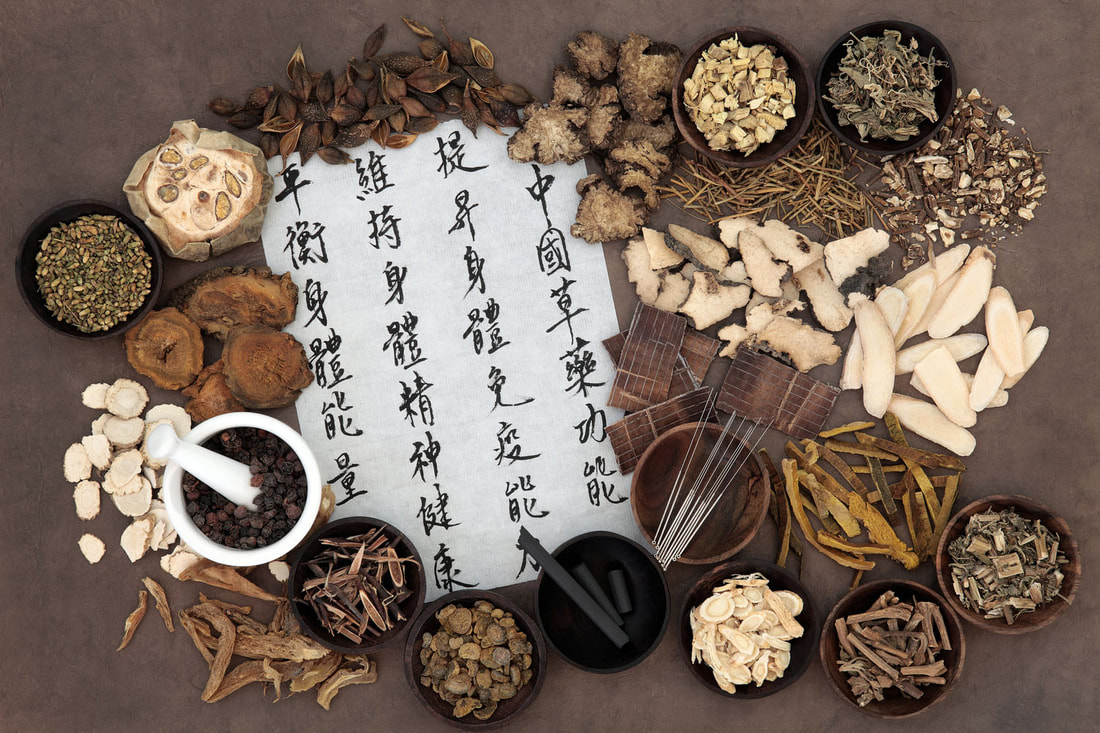

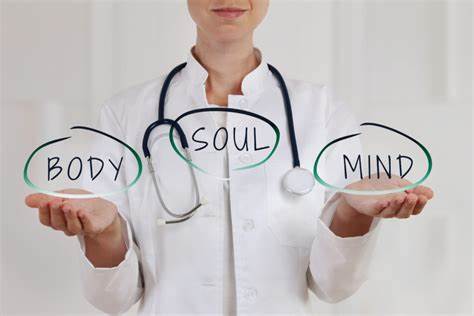
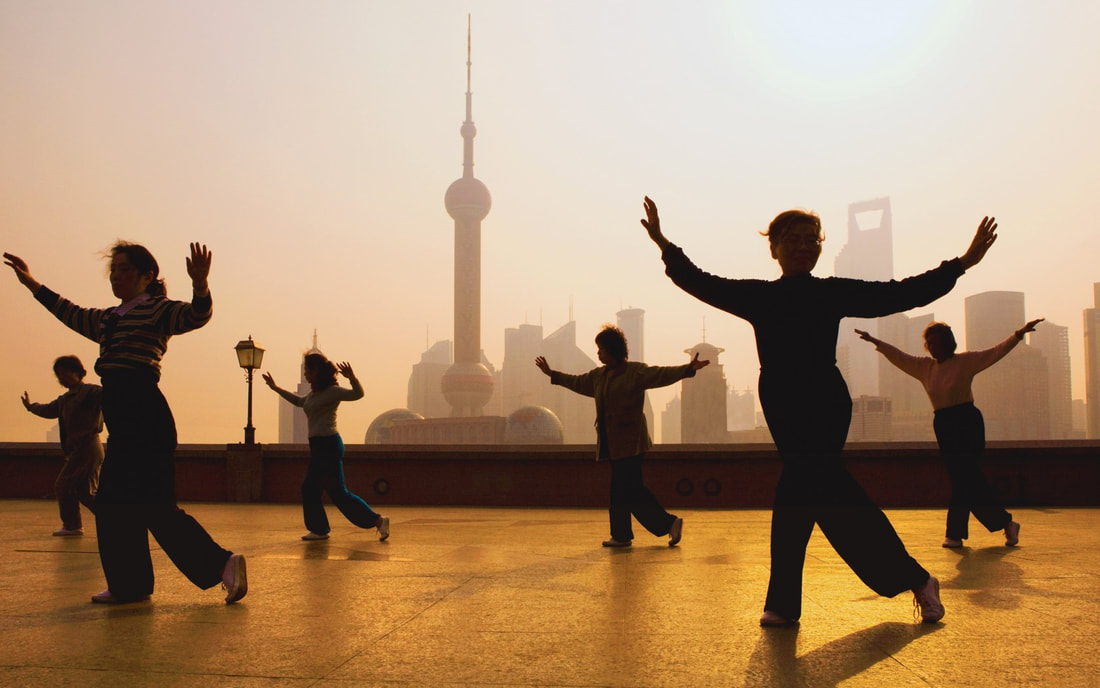
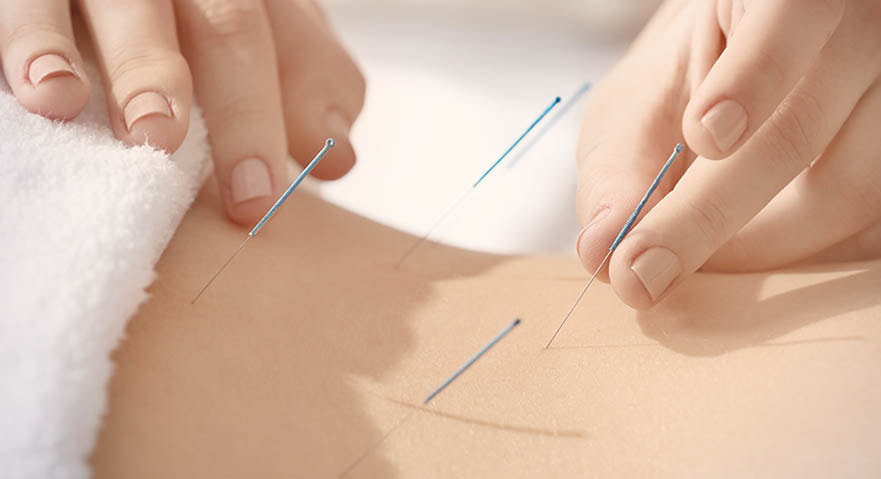
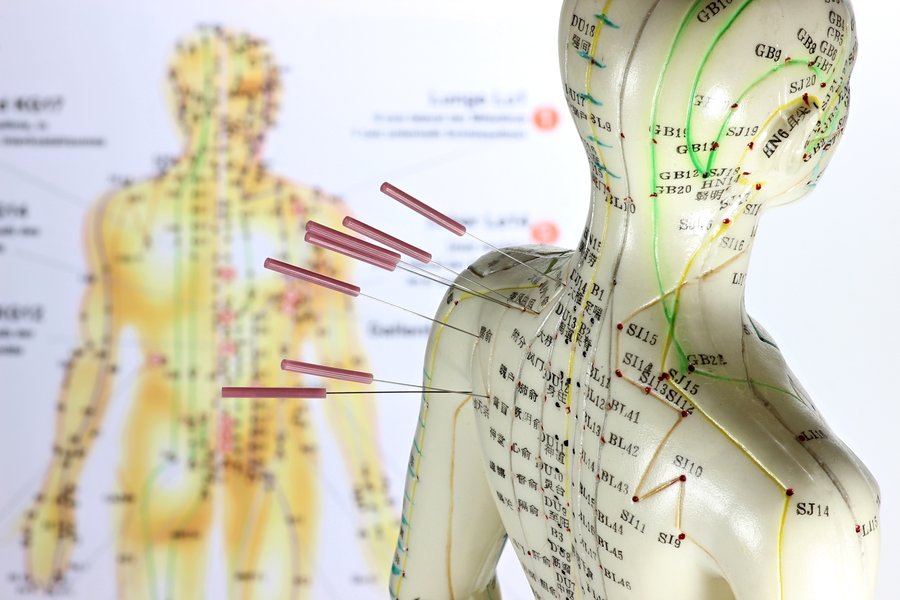

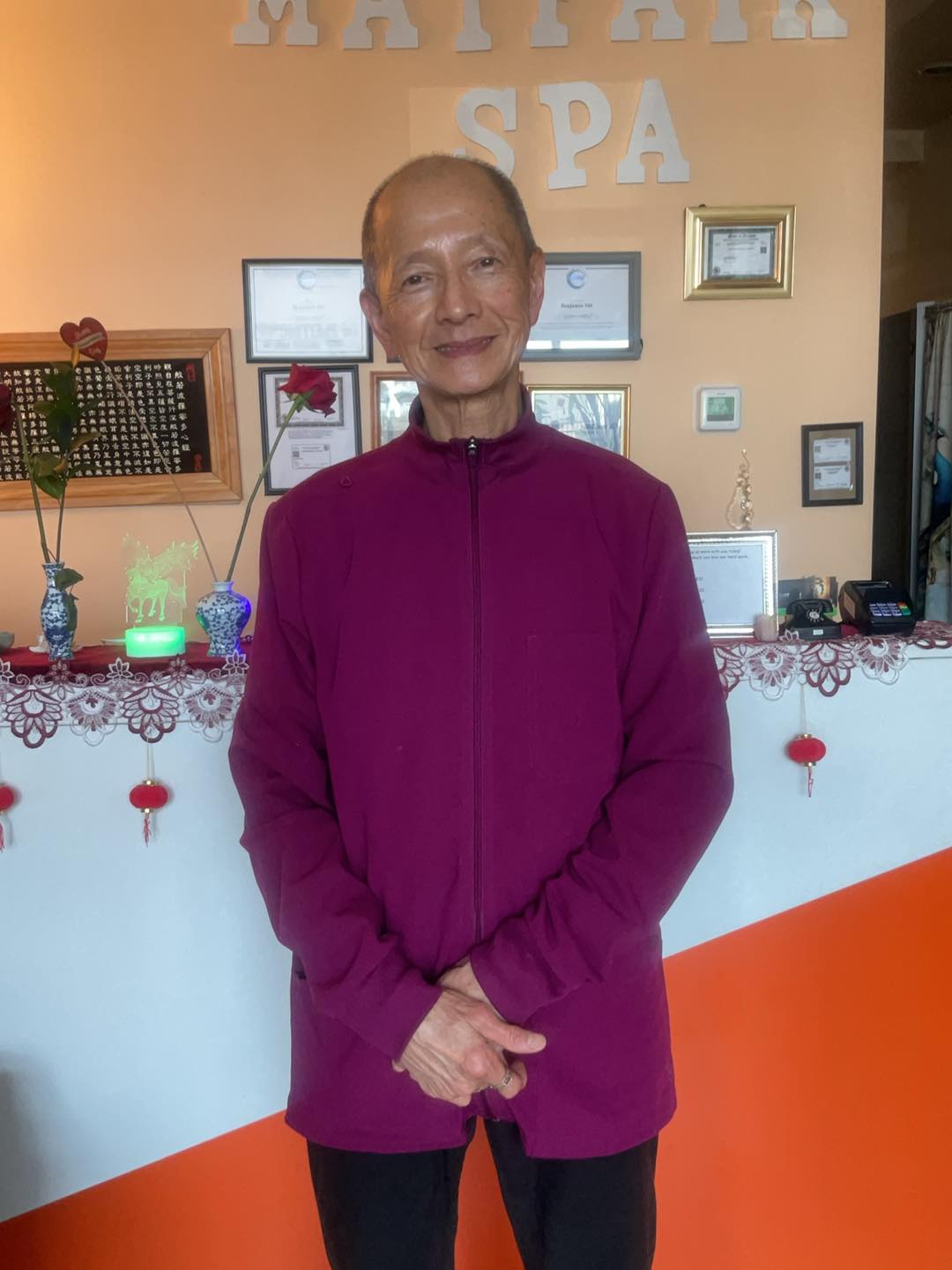
 RSS Feed
RSS Feed